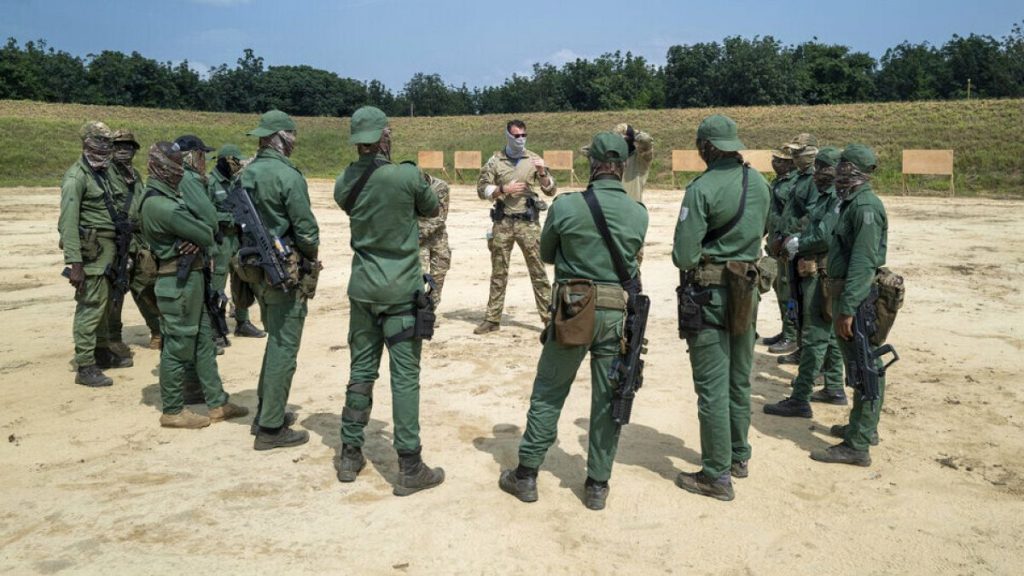The announcement by Ivorian President Alassane Ouattara signaling the withdrawal of French troops marks a significant turning point in the evolving relationship between France and its former colonies in West Africa. This decision underscores a broader trend of African nations reassessing their military ties with France, reflecting a growing desire for greater autonomy and a shift away from the legacy of colonial influence. Côte d’Ivoire’s move follows similar decisions by other West African countries, including Mali, Burkina Faso, Niger, Senegal, and Chad, each seeking to redefine their security arrangements and reduce their reliance on French military presence. This wave of reevaluations signals a structural transformation in the region’s engagement with Paris, as African nations assert their sovereignty and pursue independent security strategies.
The withdrawal of French troops from Côte d’Ivoire represents a strategic recalibration of the country’s defense posture. President Ouattara emphasized the modernization of the Ivorian army as a key factor driving the decision, suggesting a growing confidence in the nation’s ability to manage its own security affairs. The handover of the French-run military infantry battalion in Port Bouét to Ivorian forces symbolizes this transition towards self-reliance and underscores the Ivorian government’s commitment to building a more robust and independent military apparatus. This move aligns with a broader regional trend of African nations seeking to develop their own security capacities and reduce dependence on external military support.
France’s military presence in West Africa, once a cornerstone of its influence in the region, has been steadily diminishing. This decline reflects a complex interplay of factors, including changing geopolitical dynamics, rising anti-French sentiment in some countries, and the perceived ineffectiveness of French counterterrorism efforts in the Sahel region. The expulsion of French troops from several countries, coupled with the voluntary withdrawal from others, signifies a substantial reduction in France’s military footprint across the continent. This shift necessitates a reassessment of France’s strategic approach to Africa, as it seeks to adapt to the evolving realities on the ground and redefine its role in the region’s security landscape.
The departure of French forces has created a vacuum in some West African nations, leading to concerns about potential instability and the rise of alternative security partners. In Mali, Burkina Faso, and Niger, the expulsion of French troops has been followed by closer ties with Russia, particularly through the engagement of the Wagner Group, a private military company with alleged links to the Kremlin. This development raises concerns about the potential for increased human rights abuses and the further destabilization of the region. The complex interplay between security concerns, political maneuvering, and external influences underscores the challenges facing West Africa as it navigates a period of transition and seeks to establish stable and sustainable security arrangements.
The security situation in the Sahel region remains precarious, with extremist groups continuing to pose a significant threat. The departure of French forces and the arrival of Russian mercenaries have added another layer of complexity to an already volatile environment. The increasing number of extremist attacks, coupled with civilian casualties from both armed groups and government forces, highlights the urgent need for effective counterterrorism strategies and a comprehensive approach to addressing the root causes of instability. The evolving security landscape in West Africa requires a concerted effort from regional and international actors to promote peace, stability, and sustainable development.
The withdrawal of French troops from Côte d’Ivoire and other West African nations represents a pivotal moment in the region’s history. It marks a shift away from the legacy of colonial influence and a reaffirmation of African nations’ sovereignty. This transition presents both opportunities and challenges. While it allows African countries to take greater control of their own security destinies, it also requires them to build robust and effective security institutions. The evolving security landscape in West Africa necessitates a nuanced and collaborative approach, involving regional and international partners, to address the complex challenges facing the region and promote long-term stability and prosperity. The future of security in West Africa will depend on the ability of African nations to forge new partnerships, strengthen their own capacities, and effectively address the underlying causes of conflict and instability.














